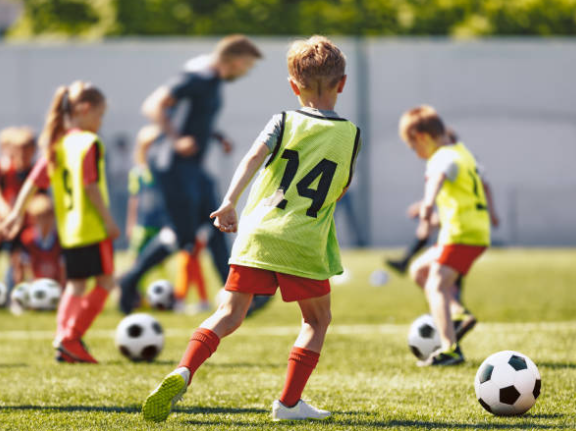Students’ perceptions on three-way pedagogical models hybridization: contributing to the development of active identities
The goal of the present study was to explore Primary Education students’ views on their involvement in a three pedagogical models’ hybridization (Health-Based Physical Education, Cooperative Learning and Sport Education) based on their common features, links and frameworks (e.g. the influence of the models in the students’ basic psychological needs or motivation), as well as their limitations. A total of 115 year-5 and year-6 students (46.09% girls; aged 10–13 years), enrolled in one school in central Spain, agreed to participate. They all experienced the same ‘Edu-CrossFit’ learning unit (13 lessons, 45 min/each). One teacher-researcher, with more than six years of previous experience on pedagogical models, implemented the learning unit. The study followed a qualitative methodology, and four group interviews (one from each participating class) were conducted at the end of the intervention programme. From the students’ responses, and to facilitate the understanding and soundness of the data analysed, four main themes emerged: (a) ‘Am I allowed to behave autonomously?’: students’ views on how to deal with it’; (b) Students’ views on cooperating and relating with partners; (c) Students’ feelings on their competence and motivation; and (d) ‘Not only movers, but informed and habitual movers’: building students’ active identities. In conclusion, the participating students acknowledged that they had learned to become more autonomous, competent and motivated, to build new relationships and to develop an active identity. A longer-term unit would allow the teacher to know students better and to ensure the consolidation of students’ learnings. Therefore, despite some limitations, this hybridization can contribute to shaping habitual, motivated, critical and informed movers.
También te puede interesar
How does the family influence the physical condition and health of children in a rural environment?
The aim of this cross-sectional study was to assess physical conditions related to health status and
Physical activity and commuting to school in Spanish nine-year-old children: Differences by gender and by geographical environment.
Children’s health status is related to their physical activity levels. Active commuting is associa
Cognitive and Physical Effects of Warm-Up on Young Soccer Players
This study analyzed the effects of with (WC) or without conducting a warm up on youth soccer players




Publica un comentario